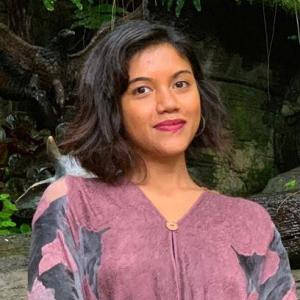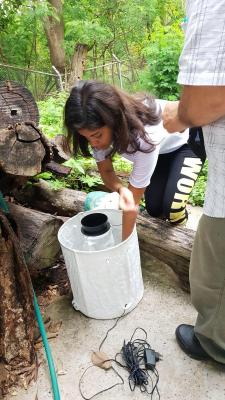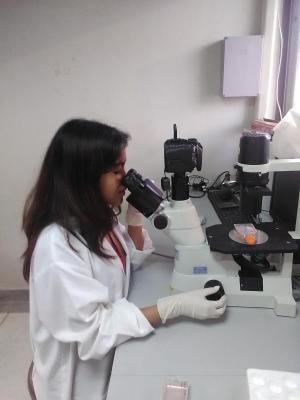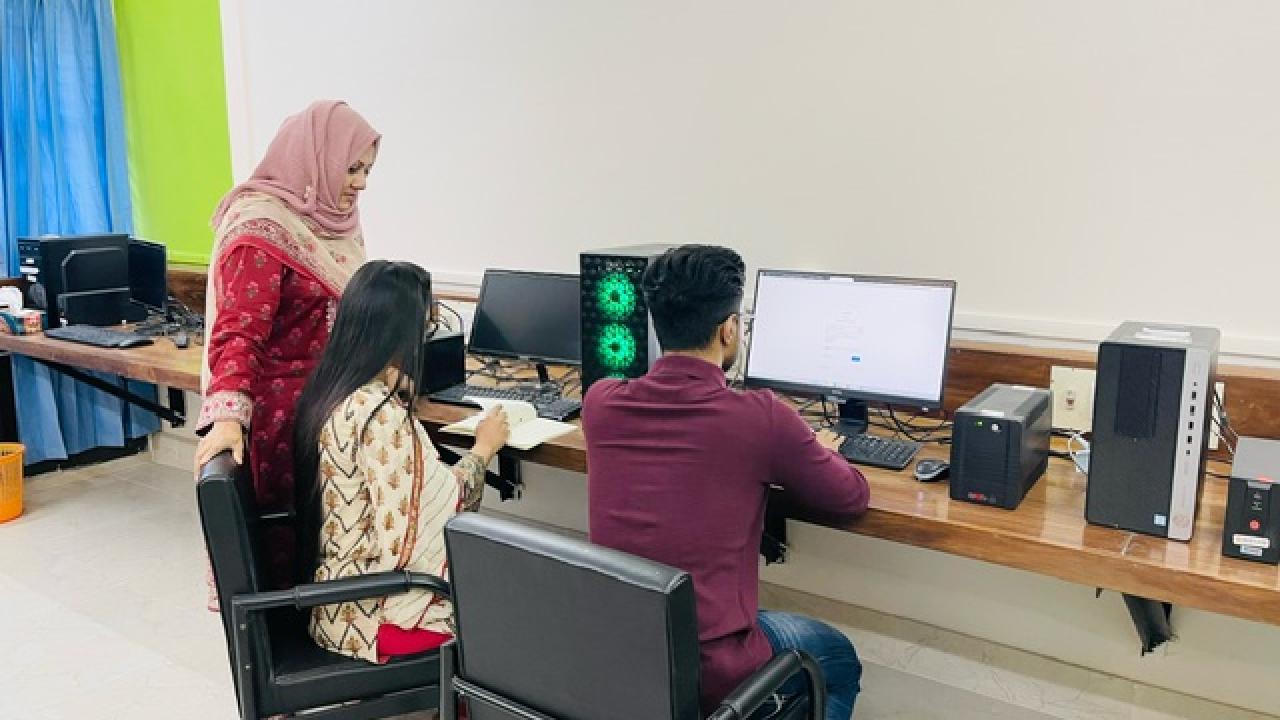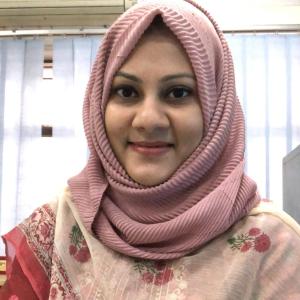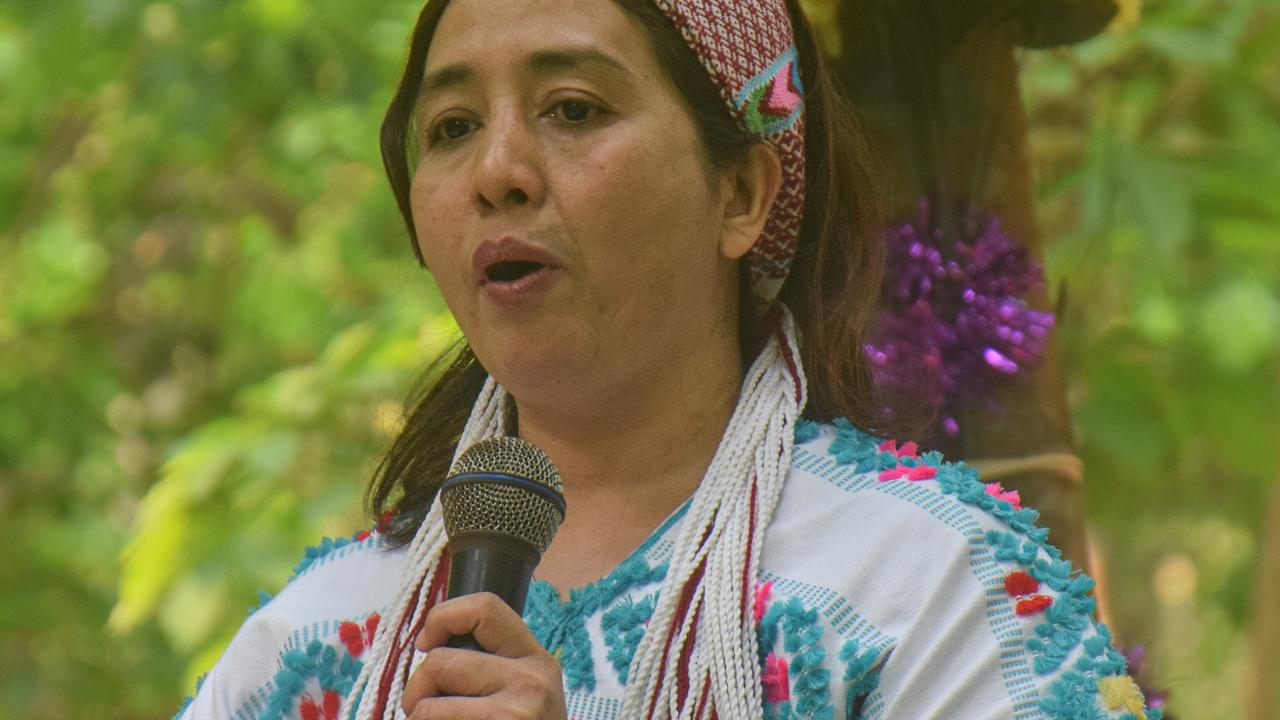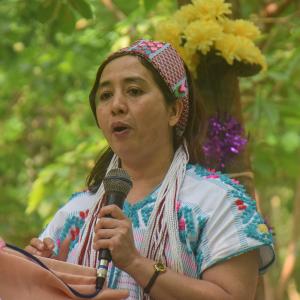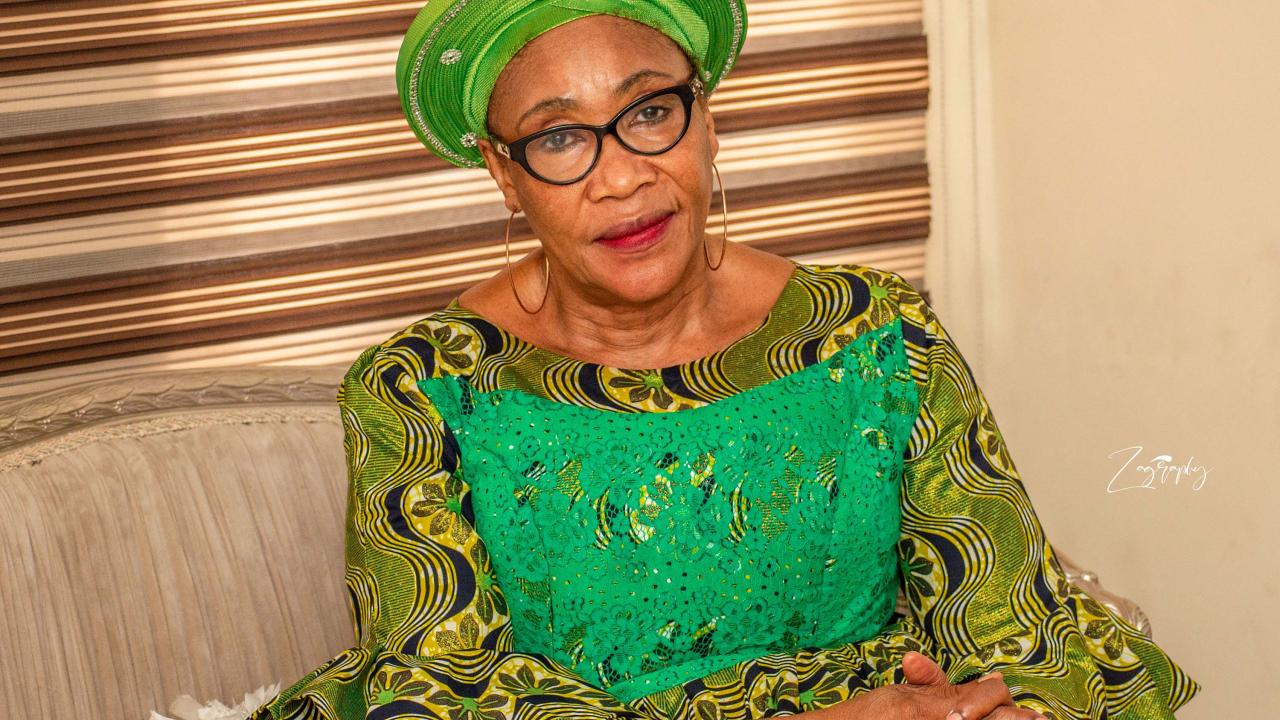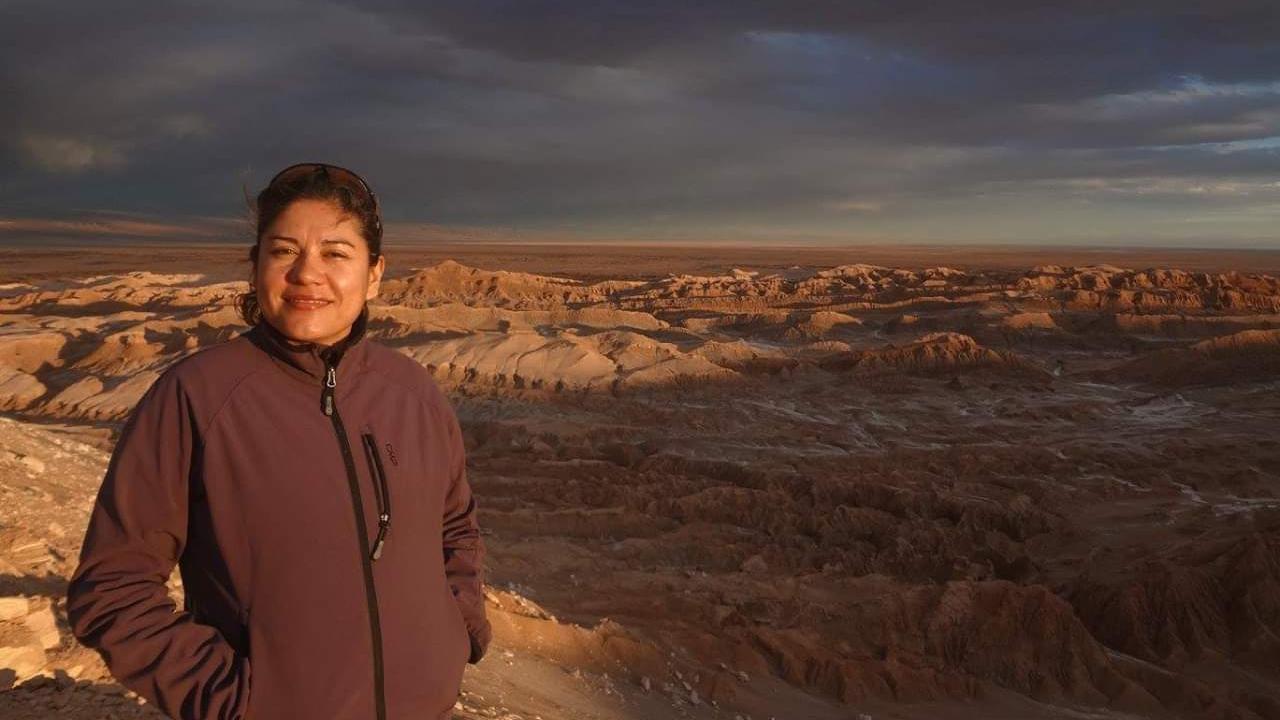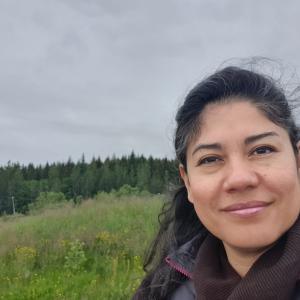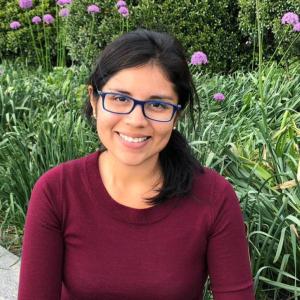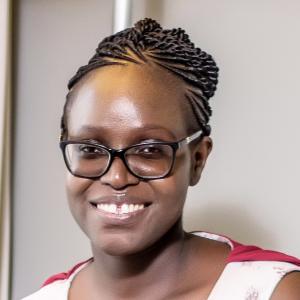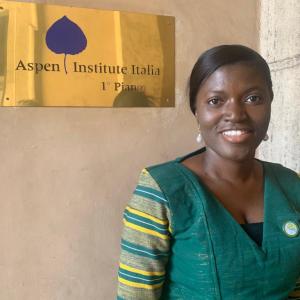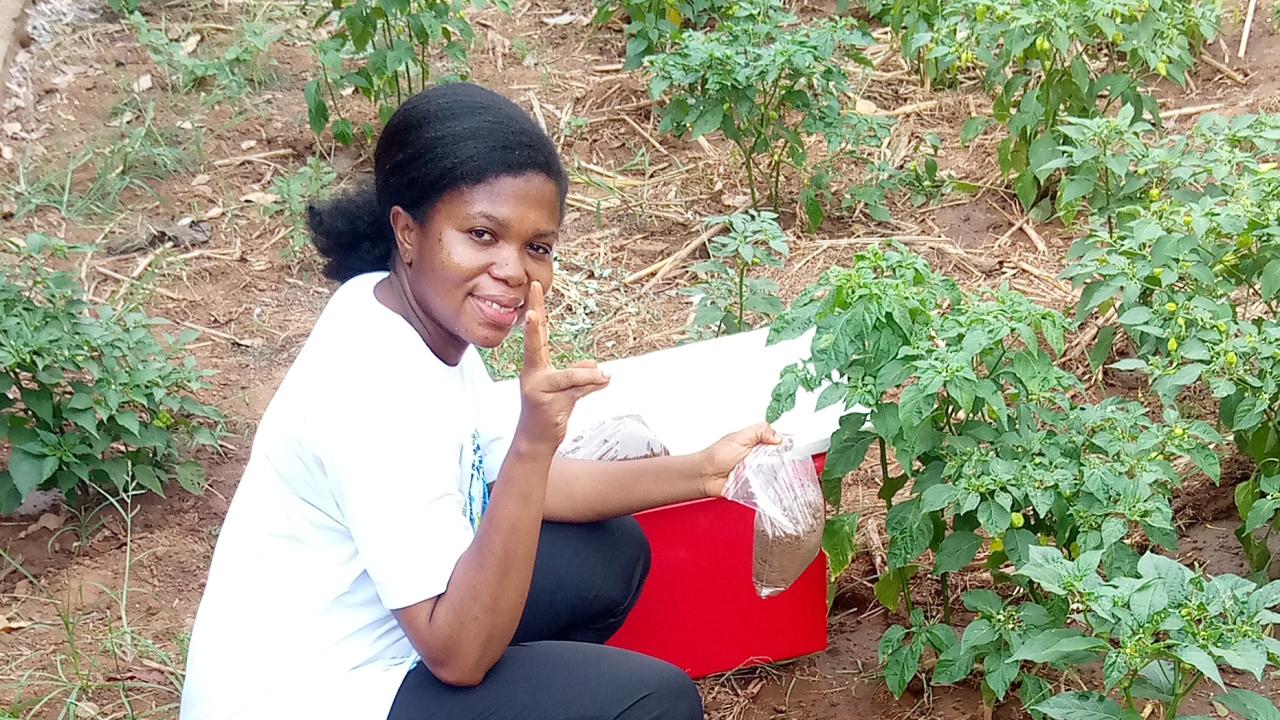PhD Fellow studying "bat bugs" in Thailand
Dora Rajonhson, a 2016 OWSD PhD fellow from Madgascar, is currently completing a full-time fellowship at Mahidol University in Thailand, where she is researching insect vectors of viruses carried by bats — or as she calls them, "bat bugs".
How did you learn about the OWSD fellowship, and what difference has it made to your career?
After my master’s thesis, I was looking for opportunities to further pursue my studies. I wanted to learn and to reach an advanced level of understanding of the important concepts in my field. One of my colleagues knew of this wish of mine and introduced me to several postgraduate study opportunities, including the OWSD fellowship. At first I did not feel confident enough to pursue a PhD programme right away; I thought that I might need to enrol first in an international master’s programme. But after making my case in my application for the OWSD fellowship, they offered me the chance to pursue my PhD. I had ten days to obtain a preliminary acceptance letter for a PhD programme at any university of my choice; otherwise, I would have had to wait for the next year's call to apply again. It was quite challenging, but in the end I was able to get preliminary acceptance letters from three universities in Asia. I will not forget this experience as it first showed me how OWSD takes care of every fellow on a case-by-case basis. It gave me the strength and the courage to go straight for my PhD. From when I received the acceptance letter, I knew that the journey forward would not be easy, but having OWSD's support has definitely made a difference. I realized then that it was the beginning of a decisive and positive turn in my career.
What are you researching? What first made you interested in this subject?
I am a PhD candidate in the field of medical entomology. I am working on the molecular and morphometric characterization of insects that carry bat viruses – bat bugs – in addition to characterizing their viral communities. Specifically, I am targeting those that carry arboviruses.
In medical entomology, the objective is to reduce or eliminate the populations of insects that are transmitting diseases. This objective can require heavy economic investment, so there is a need for fine-tuning and careful targeting of the species to reduce. To confirm a target, an accurate species diagnostic must be performed first. Moreover, the implementation of a comprehensive system of surveillance for zoonotic viruses and downstream disease transmission is crucial — as can be seen at this time when the world has been so hard hit by COVID-19, a zoonotic virus arising from bats.
My decision to focus on medical entomology comes from earlier experiences, starting from an interest in infectious diseases and a concern for my country Madagascar, which is still severely impacted by infectious and neglected diseases, especially vector-borne diseases. With my country in need of a multidisciplinary approach to mount an effective response to infectious disease, my objective is to join the small medical entomology community there and to increase the number of well-prepared researchers and practitioners in this field.
Has anything surprised you about your research experience?
What has surprised me most are the cultural aspects regarding work style and institutional organization. Coming from a country that has adopted a Western work style in its researcher centers, it took me some time to understand and to adapt myself to the Thai work culture, and understand what are considered the norms locally. From this experience I have discovered that it is very rewarding to work abroad and with different nationalities; it gives you a broader perspective on how to approach workplace dynamics.
As a result of the COVID-19 pandemic, I have also been surprised at how quickly research activities have been adapted to the online environment. In my case, with field and laboratory work paralyzed, my priorities have dramatically shifted. Now proofing and editing, updating my literature review, and analysing data have become my main goals for the time being.
What are your plans for the future? What will you do after you complete your PhD?
In the next upcoming years, I intend to take on a postdoctoral research position, for additional research, training, and experience in my field. In my pathway to research independence, I intend to apply for early career fellowships to conduct my own research and to build a research environment where I can collaborate with others.
In today’s scientific environment, in which most PhD scientists concentrate on a single specific discipline, I might shift toward a more systemic view to approach the challenge in infectious diseases. To do this, I might orientate my research subjects in medical entomology in mathematical, statistical and conceptual modeling.
